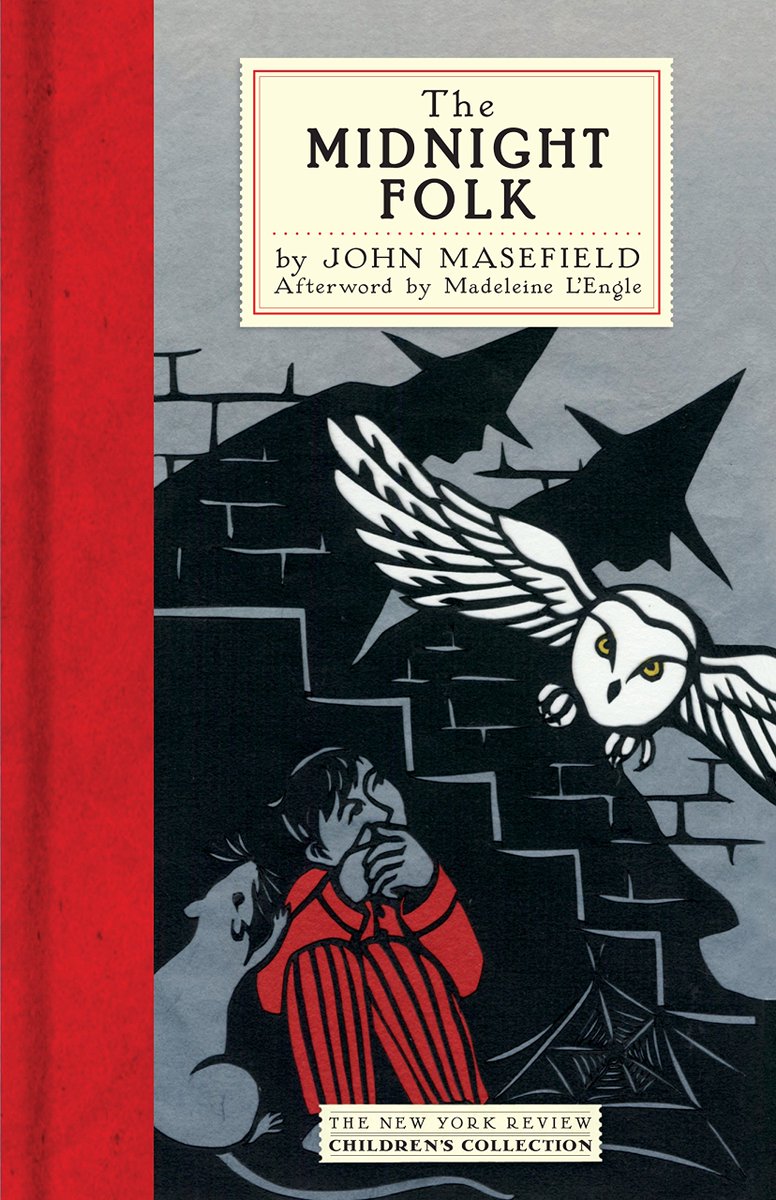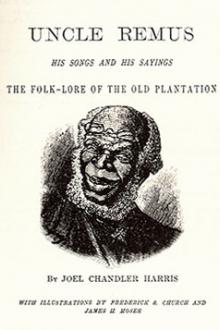Hello! Good morning! Happy New Year, for those who are celebrating!
It’s #publicdomainday. The following thread is a descriptive list of all the characters from the pulps who were created in 1927 and thus fall into the public domain starting today.
1/
It’s #publicdomainday. The following thread is a descriptive list of all the characters from the pulps who were created in 1927 and thus fall into the public domain starting today.
1/
Note that I’m using “pulp” in the Barthesian way, as a “metaphor without brakes:” anything that is pulp (by my definition) in character is included, regardless of whether or not it appeared in a pulp, a film, a novel, or whatever.
2/
2/
Also, I’m taking these from my Encyclopedia of Pulp Heroes, which you can find online at jessnevins.com/pulp/introduct…. You can find more information about all of these characters in the Encyclopedia.
3/
3/
Lastly, take it as a given that you may find offensive material in these characters’ stories. It was a different time, and people were even more open about their bigotries than we are today. jessnevins.com/pulp/racism.ht…
4/
4/
Monte Barrett and Frank Ellis’ Jane Arden (comic strips, radio programs, films) is a crime-solving big city newspaper reporter—two-fisted, sassy—Lois Lane avant la lettre. Once upon a time Arden was famous—her comic strip ran for 41 years—and could stand a revival.
5/
5/

Because, let’s face it, the wisecracking two-fisted female reporter is a pretty strong archetype, but also an underused one. There’s not really anything like it in the media today, and a lot could be done with it, from screwball comedy to science fiction.
6/
6/
W. Somerset Maugham’s Ashenden is a world-weary (though patriotic) English spy. Maugham’s world of spying is full of moral greys & is spiritually tiring & is a clear forerunner of the John le Carré approach to spy stories. The Ashenden stories are entertaining—look for them.
7/
7/

Danish authors Harry Hansen and Niels Meyn (the King of Pulps in Denmark)’s Count Basil is a master thief and detective modeled on Arsène Lupin. He appears in stories with titles like “The Black Vampire,” “The Indiscrete Devil,” and “The Radio Murderer.”
8/
8/
Count Basil is a lesser version of Lord Kinglsey (jessnevins.com/pulp/pulpk/kin… ), but both characters’ stories are full of ideasplosions, fantastic pulp villains, and generally gloriously pulpy fun—much more so than most American pulp stories.
9/
9/
Brian Flynn’s Anthony Bathurst is a brilliant, congenial consulting detective in London. He’s notable to me because he appeared in 53 (count ‘em) novels between 1927 and 1958, but a Google search on him yields only 5,980 hits. Posterity is hard on popular culture, yo.
10/
10/

Arthur Bernède’s Belphégor appeared simultaneously in an eponymous film and story serial. He’s a black-clothed “ghost” who haunts the Louvre every night. But what he really is, is the pawn of a sect of Rosicrucians who are looking for a secret hidden in the museum walls.
11/
11/

E. Phillips Oppenheim’s Peter Benskin is a smart lower class London policeman who gets on the wrong side of “Matthew,” a slim, dapper, humorous master thief and killer who is a combination of Arsène Lupin and Fantômas. An entertaining duel follows.
12/
12/

I usually loathe Oppenheim’s work and want to slap his smug face, but the Benskin stories aren’t bad, and Oppenheim makes Matthew witty, sinister, and genuinely threatening. Better than Oppenheim’s usual fictional extrusions.
13/
13/
William Upson’s Alexander Botts is a traveling salesman for the Earthworm Tractor Company. He bills himself as the “world’s best traveling salesman,” although he gets in an awful lot of self-created foolish trouble. 98 stories, 7 novels & story collections from 1927-1971.
14/
14/
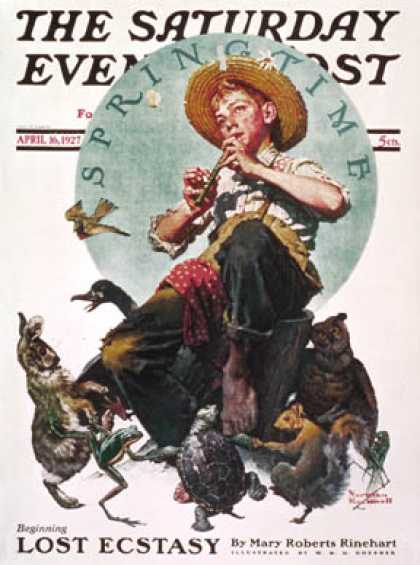
Botts appeared for 44 years & yet only gets 6,140 Google hits. Which is a shame, because the stories have aged pretty well, and Botts himself is an appealing mixture of smart guy and fool. There’s also a surprising Wodehouse influence in the stories.
15/
15/
Wilford Allen’s Charles Breinbar may be the first science fiction detective. He is a scientist and inventor who solves fantastic crimes, such as a series of murders committed by a race of evil alien balls of energy who want to wipe out humanity and take over the Earth.
16/
16/

Alan Buell:
(A Lost City of technologically advanced ancient Egyptians underneath Chicago! Does @kennethhite know about this one?)
17/

(A Lost City of technologically advanced ancient Egyptians underneath Chicago! Does @kennethhite know about this one?)
17/


Gerard Fairlie’s Victor Caryll is a big, bluff, hearty English adventure addict &, during WW1, intelligence agent. He’s ill-at-ease in retirement, though, and when he encounters the master criminal Octopus, “the man who laughs at the law,” Caryll commences hostilities w/him.
18/
18/
I generally don’t have a lot of time for the British “club heroes” of the 1920s/1930s, the Richard Hannays and Bulldog Drummonds and so on. But Fairlie and Caryll are different and retain the fun but lack the poisonous bigotries and jingoism of Drummond etc.
19/
19/
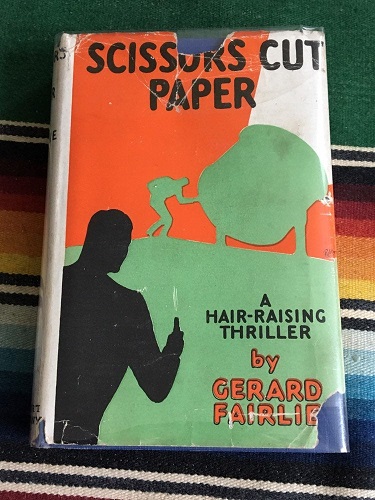
A.M. Burrage’s Francis Chard is an upper-class consulting detective and “psychic sleuth” (occult detective). He has no superhuman powers or the use of magic to fight occult horrors, but he is smart and uses holy water against the ghosts he encounters.
20/
20/
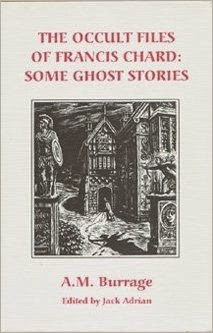
In the film The Wizard (dir. Richard Rosson), Paul Coriolos’ son is sentenced to death. In revenge, Coriolos trains his pet gorilla to kidnap certain men & women, associated with the judge & d.a. who sent Coriolos’ son to death, & to bring them back to Coriolos’ lab.
18/
18/

In the film The 13th Hour (dir. Chester M. Franklin), the Dog Detective, a very good boi, sidekicks the great criminologist Professor Leroy. The Dog Detective relentlessly tracks a master criminal, who always strikes after midnight, to his lair and captures him.
19/
19/
In the film serial Xiafeng Qiyuan (dir. Zhang Shichuan), one of the flood of wüxia silents of the mid/late 1920s, Feng is the flying martial artist who punishes the many corrupt government officials who are plaguing China before meeting his “strange destiny” in marriage.
21/
21/
The German Man, created by Hans Mahner-Mons, is a German private detective—untypical of the German fictional detectives of the late 1920s—who takes on cases which have an occult tinge, with séances (in rural Germany) and voodoo (in Haiti) being typical for him.
23/
23/
In the Indian film Mumbai Ni Biladi (dir. Mohan Dayaram Bhavnani), the protagonist is a heroic thief, a pickpocket in Bombay under the Raj who gives the proceeds of her thefts to charity. (Def. time for a remake of this one).
26/
26/
French author Georges Simenon’s Yves Jarry is a master thief modeled on Arsène Lupin. He comes in conflict with Police Agent 49, who has many similarities to Jules Maigret. So if you ever wanted to see Lupin-vs-Maigret, here you go!
28/
28/

Jerusalem:
(There weren’t many Spanish sf novels in the late 1920s, but what there was, was never less than interesting and usually more than that).
29/

(There weren’t many Spanish sf novels in the late 1920s, but what there was, was never less than interesting and usually more than that).
29/


Kadri, created by the Turkish author Ískender Fahrettín Sertellí, appeared in 31 issues of his own dime novel. He’s a master thief, “the Istanbuli Arsène Lupin.” He’s active across the Ottoman Empire. (The Turks of this era loved Lupin & their dime novel imitations of him).
30/
30/

Dutch author Herman Middendorp’s Bram Korff is a consulting detective who solves crimes in Amsterdam and the Hague. Korff is short, squat, and ape-like, and a rabid football fan. He is not the brightest of detectives, and relies on luck a great deal.
33/
33/

Arsen Lapin:
I like this series. Ideasplosions a’plenty, and some entertaining variations on the usual Arsène Lupin stories. Zigomar (I), btw, was the primary influence on Fantômas.
34/

I like this series. Ideasplosions a’plenty, and some entertaining variations on the usual Arsène Lupin stories. Zigomar (I), btw, was the primary influence on Fantômas.
34/


In Filipino folklore the Manananggal is a vampiric flying head. The Filipino director Jose Nepomuceno’s movie Ang Manananggal was the first Filipino horror movie, and shows a band of Filipino witches turning into Manananggals and prey on innocent civilians.
35/
35/
Agatha Christie’s Miss Marple falls into the public domain this year. (first appearance: Royal Magazine, Dec. 1927). She actually started as a member of the “Solving Six” (jessnevins.com/pulp/pulps/sol…) before becoming the solo icon we all know her as.
36/
36/
okay, I'm calling a time-out. Covid has me very low energy, and I need to lie down now.
• • •
Missing some Tweet in this thread? You can try to
force a refresh









